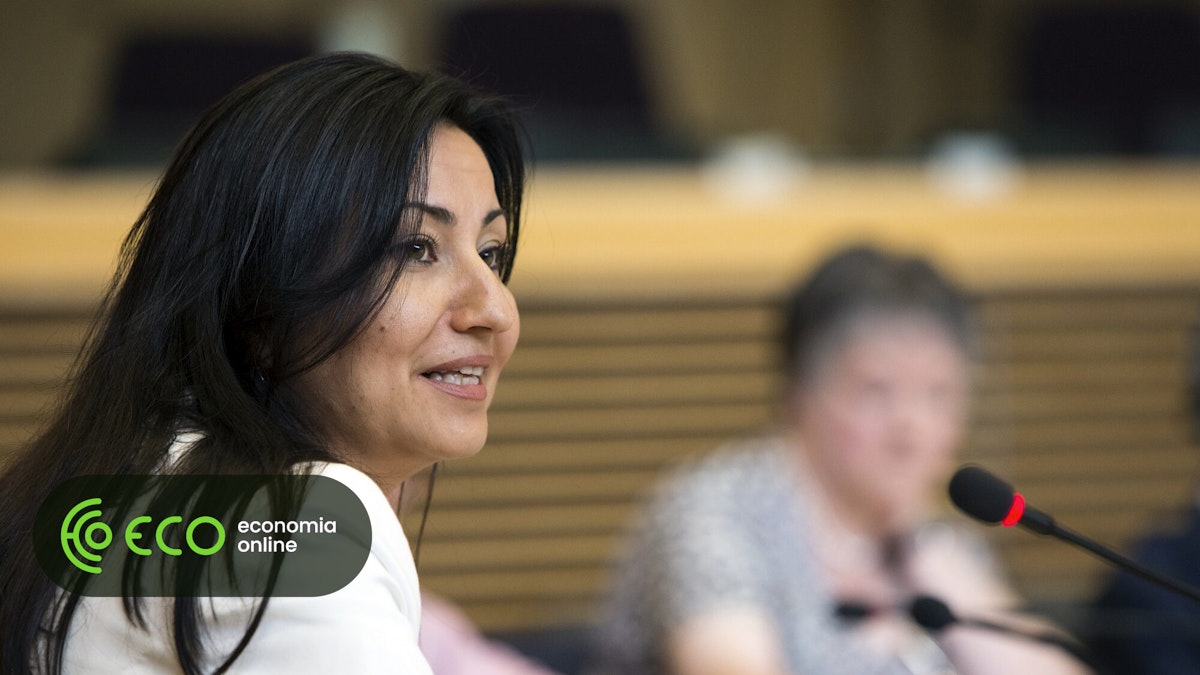Portugal and Timor-Leste sign cooperation agreements in the agricultural sector
Ohe two texts, signed today in Dili by the ambassador of Portugal, José Pedro Machado Vieira, and by the Timorese minister of Agriculture and Fisheries, Pedro dos Reis, allow the Quinta Portugal project to be continued in Aileu, deepening and investigating research in the sector. coffee .
The Quinta Portugal Project, which was born in 2000, is the largest Portuguese bilateral cooperation project in the agriculture sector in Timor-Leste, currently being financed by Camões, IP and implemented in partnership with the MAP.
In addition to a general memorandum of understanding, a protocol was signed, to be implemented over three years, specifically aimed at the coffee sector.
The cooperation protocol, which also involves the Coffee Rust Research Center (CIFC) of the Superior Institute of Agronomy of the University of Lisbon, intends “to resume and deepen the work, started between 2009 and 2012, of characterization and study of the coffee rust races existing in Timor-Leste and the identification of promising plants for the creation of new varieties of Arabica coffee that are resistant to the disease”.
Orange rust is the most important disease of the Arabica coffee tree, which can cause production losses in excess of 30%.
The disease, caused by the fungus Hemileia vastatrix, infects the leaves of the coffee tree, forming orange pustules of uredosporic serum on the underside, which can cause premature leaf fall and weaken the plant.
Experts note that the physiological races of the disease identified in Timor-Leste are characterized by the CIFC as “of the most virulent in the whole world”.
According to the texts accompanying the signed documents, an investigation will make it possible to better understand the disease and the main breeds existing in the territory of Timor-Leste and, in addition, help identify productive plants that are resistant to the disease.
These improvements, together with the adoption of better techniques for managing the plantations (pruning, fertilizing, etc.) are considered “fundamental strategies for the development of coffee growing in Timor-Leste”, explain those responsible for the project.
José Pedro Machado Vieira recorded the protocol, marking 21 years of continuous Portuguese cooperation in the agroforestry sector in Timor-Leste, with the creation of Quinta de Portugal.
A project that, he recalled, prospered and maintained the demonstration fields, increased and diversified the plant heritage, having “produced more than a million plants that supported reforestation activities in Timor-Leste”.
In parallel, recorded, Teachers of students, students and technicians were trained, with support for coffee producers, including the improvement of management and production management.
Pedro Reis welcomed the longstanding support that Portugal has given Timor-Leste in the agricultural sector, “helping to improve a sector on which the majority of the Timorese population depends”, stressing in particular the importance of the coffee sector.
The government official is optimistic that the investigations will help to improve the quality and production of coffee in Timor-Leste, crucial for the income of a small share of the country’s families, correcting problems that currently affect the sector.
“Coffee is the main agroforestry product and the largest non-oil export, and contributes to the conversion of around 37% of Timorese families,” he said.
“However, in coffee plantations, looking at the results, yields are very low because farmers do not attach much importance to the need for recovery and management of plantations,” said the minister, noting that because of this, and the impact of the rust , “about half of the coffee producers live below the poverty line”.
The previous studies were carried out in the scope of bilateral cooperation and involving the now extinct Tropical Scientific Research Institute, through the Coffee Rust Research Center, which currently integrates the Higher Institute of Agronomy of the University of Lisbon.
Specifically, the studies allow the identification of three new breeds of orange rust, with levels of virulence levels, never before found in surveys carried out in other coffee producing countries.
“Knowing that orange rust is the most important disease of Arabica coffee, which can cause production losses in excess of 30%, we believe that your study has a strategic importance not only in the context of Timor-Leste, but also in all world coffee producing countries, “stressed José Pedro Machado Vieira.
Read Also: Portugal plans international missions with Cape Verde’s Armed Forces





